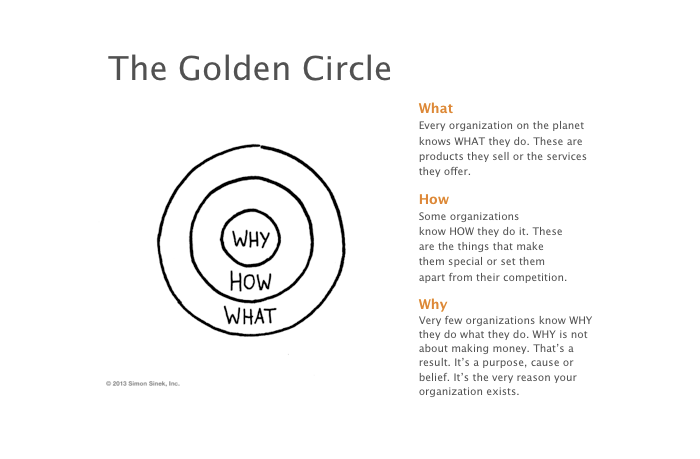Situating my Research (part II)
I’m now in the final week of the LRNT502 course at Royal Roads and I feel like it is as good a time as any to wrap up my thoughts as I prepare to begin LRNT503 in two weeks. Two posts ago, I began to examine my tacit assumptions and finished by exploring the roles of qualitative and quantitive methods in research. However, in hindsight, I never identified examples of cultures of inquiry. Bentz and Shapiro, the authors of our course textbook, have identified the following:
- Action Research
- Evaluation Research
- Phenomenology
- Hermeneutics
- Historical Research
- Theoretical Research
- Critical social science and critical theory
- Ethnography
- Quantitative and behavioural science
(Bentz & Shapiro, p.93, 1998)
Each of these cultures of inquiry represent unique ways to go about finding truth. I am a firm believer that despite one’s own assumptions about how to conduct research it is prudent to be well versed in each of the methods so that one clearly understands the limitations and advantages of each culture. Despite this, I would argue that Action and Evaluation research are the most critical to my daily work in the corporate sector. Action research requires the researcher to drive change in their inquiry through carefully created experiences that ensure that participants are engaged and aligned with the subject of study towards positive change. One of my functions at work is to assess various learning management systems to determine whether they are still cost-effective and required based on company direction. I begin by gathering needs from various business stakeholders which provide me with mostly qualitative data which I then compound with my own quantitative usage reports and related metrics. Throughout my research, I am engaging these stakeholders in explorations of the current and future status which forces them to consider the value of said learning management systems. Like a researcher, I’m often not in a position to determine the fate of these learning management systems but I do provide valuable insights which influence decision-makers.
Unfortunately, my position at work also limits my mobility to go about conducting more in-depth research without extensive bureaucratic hurdles. I am uniquely interested in an ethnographic study at some of the more remote work-sites to understand safety compliance culture. I have found limited research on this topic and am intrigued with how safety and compliance are maintained in a heavily regulated environment where most compliance activities are validated through manual tracking or basic web-based course.
Mobilizing Knowledge
Returning to the academic environment has been an absolute boon for me on many fronts. One of the greatest aspects for me, is access to academic publications through the various publishers that my university subscribes to. Prior to becoming a student, it would be impossible or very costly for me to access the large number of documents stored on these academic distribution sites. Outside of my course work, I have read various articles of interest which has led to excellent discussions at my workplace on a variety of learning technology and epistemological subjects. On further reflection, I find it incredibly frustrating that so much of this knowledge is not easily accessible by the general public. My professor has assigned a variety of readings for my final week on this exact topic, two of which I have added below for reference. Wrecker (2014) talks specifically about Academia.edu which, despite controversial issues with the media, has proven a successful distribution and sharing platform for academics to share and collaborate on research. In the last link, Suarez (2013) examines the changing media landscape which has a direct bearing on academia since research articles are very much consumable media and not immune to popular demand and frustrations.
References
Bentz, V. M., & Shapiro, J. J. (1998). Mindful inquiry in social research. Thousand Oaks, Calif.: Sage.
Wecker, M. (2014, Feb. 20). Should you share your research on Academia.edu? [Weblog post]. Retrieved from: https://chroniclevitae.com/news/345-should-you-share-your- research-on-academia-edu
Suarez, L. (2013, Sept. 3). Giving up control in the Era of Open Business [Weblog post]. Retrieved from http://www.elsua.net/2013/09/03/giving-up-control-in-the-era-of- open-business/.
